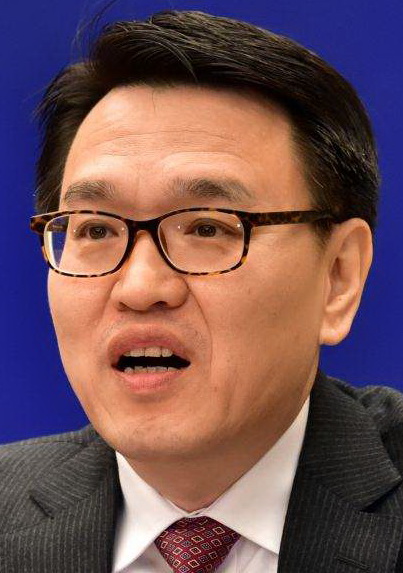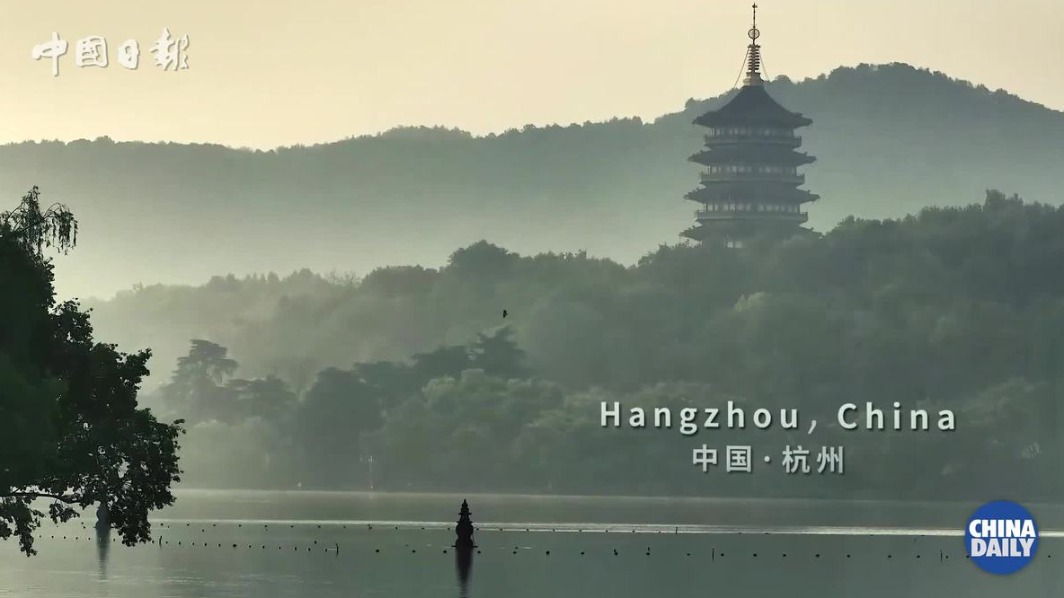Council highlights 'advanced' green policies

Zhao Yingmin
The China Council for International Cooperation on Environment and Development has played an important role in introducing advanced environmental policies and practices in China with its high-level foreign consultations, a senior Chinese environmental official said.
As an international advisory body for the Chinese government, the council is expected to contribute more wisdom that will help the country's high-quality development, said Zhao Yingmin, vice-minister of ecology and environment and also the council's secretary-general.
Zhao spoke exclusively to China Daily ahead of the annual general meeting of the advisory body, which concluded in Hangzhou, Zhejiang province, on Tuesday.
Established in 1992, the council is made up of officials and experts from home and abroad who provide policy advice to the Chinese government.
"The Chinese government not only approved the council's establishment but also sincerely listens to suggestions from its members and experts," Zhao said. "This shows the Chinese government's attitude of openness and inclusiveness and also its determination to insist on sustainable development."
While recommending practices suitable for China's changing economic, social and environmental situation, based on the latest international development trends, the council has also been proactively sharing the country's ecological practices and achievements with the rest of the world, Zhao said.
Referring to the council as a Chinese mechanism with few foreign counterparts, Zhao said the council has benefited from widespread and long-term participation by top foreign consultants. About half the council's 60 to 70 members are international experts, and about 200 experts from home and abroad participate in the council's research work every year.
He said the council has always regarded research on urgent challenges in the country's environment and development as a key task and has played a crucial part in introducing advanced concepts and policies, technologies and best practices from the international community to China.
For example, the council advocated biodiversity protection and the reduction of carbon dioxide emissions at its second annual general meeting in 1993.
Zhao said Premier Li Keqiang spoke highly of the council's role in promoting China's ecological progress when addressing its 2012 annual general meeting as its chairman. The premier said the council conducted a great deal of research on many environmental problems that had emerged during the course of the country's development and that research had yielded significant results.
The council meets with a senior Chinese leader every year and sends policy recommendations and reports on its special studies to the State Council, China's Cabinet, and various ministries. Vice-Premier Han Zheng, the council's current chairman, participated in last year's and this year's annual general meetings.
"When Han addressed the 2018 meeting, he emphasized that the council should continue to introduce advanced international experiences on sustainable development to China by coming up with strategic policy recommendations with foresight while providing Chinese solutions and experiences to other countries to help address their environment and development challenges," Zhao said.
The council passed its plan for 2019 with the theme "Green Consensus and High-Quality Development" at a conference on Sunday.
In the coming year, the council will conduct research focusing on the drafting of the 14th Five-Year Plan (2021-25) and China's organization of the 15th Conference of the Parties of the Convention on Biological Diversity in 2020.
The seven existing special policy study teams it supports will continue their research on topics including global climate governance, China's role in that effort, and post-2020 global biodiversity conservation, while three new teams will be established to look into green technology innovation and implementation, the global green supply chain and green finance.
-
'Nice' to meet you, Hangzhou
May 6, 2024



